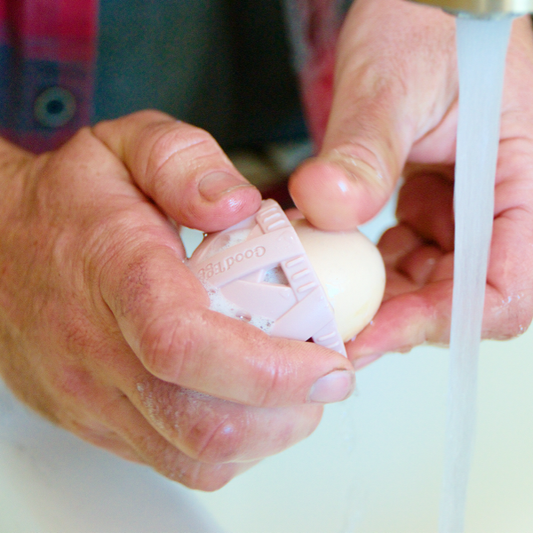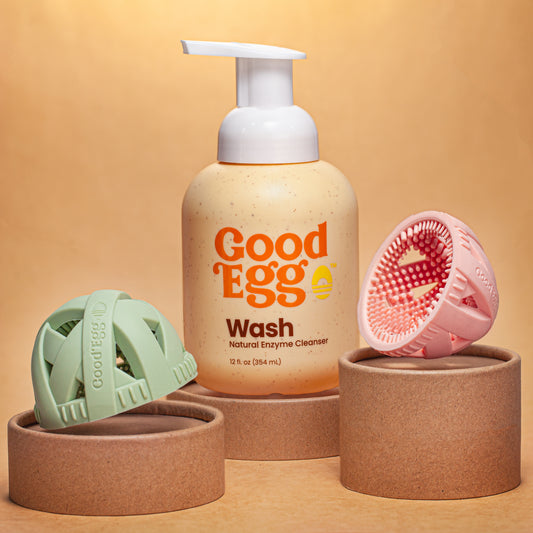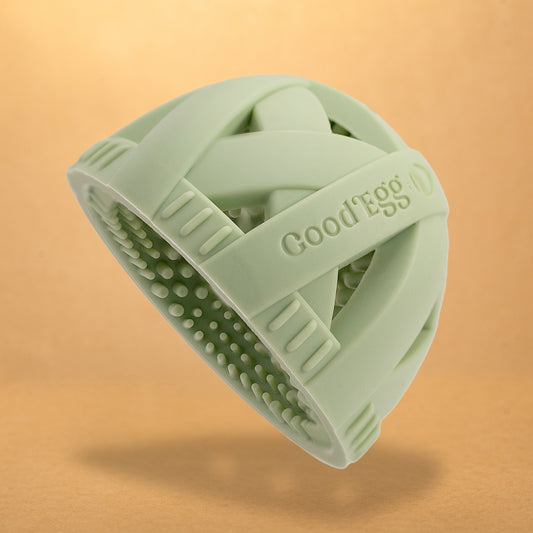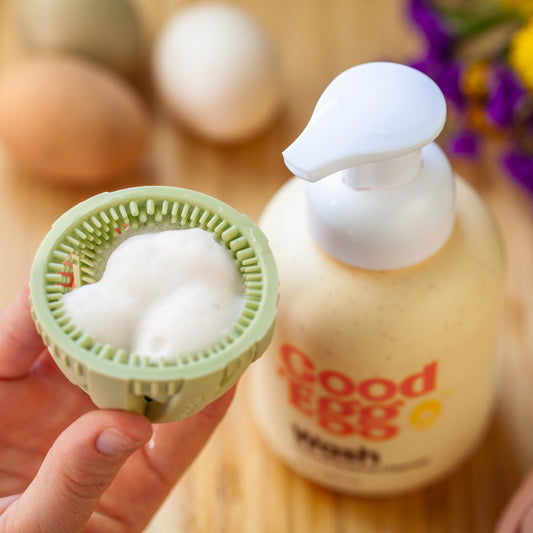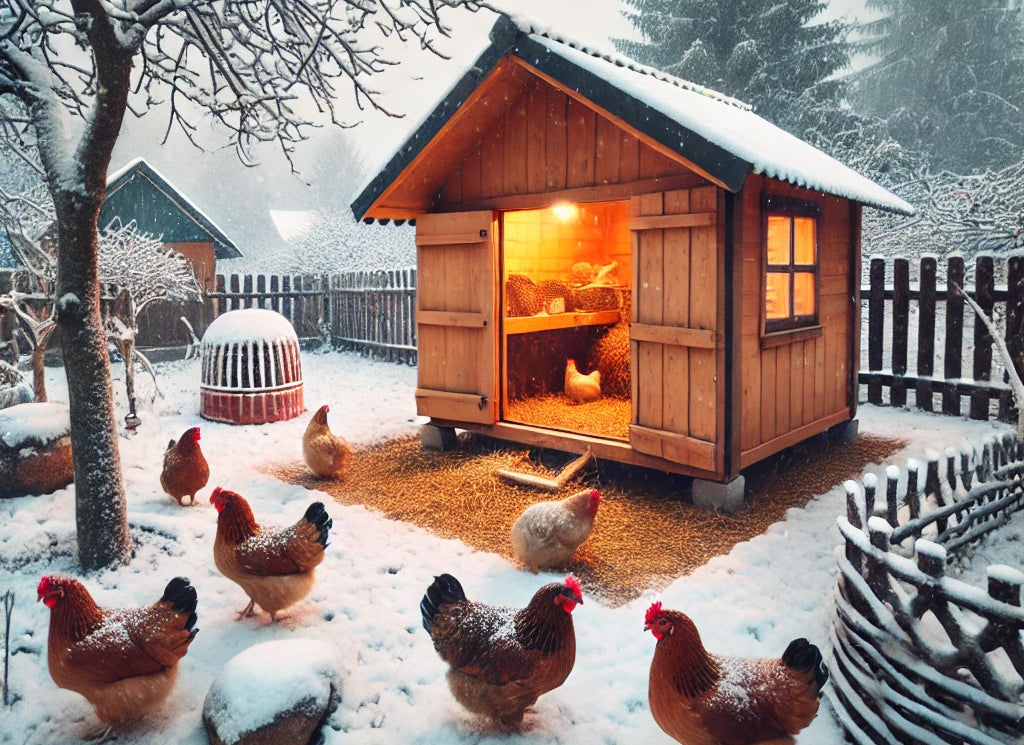
Keeping a Cozy Coop in the Winter
Share
Winter is upon us- Here's some tips to keep your flock safe and healthy through the chilly months.
It's starting to cool down, and it just so happens to be one of our favorite times of the year! We love hot drinks on cold days, Christmas lights, and ugly sweaters...but as the temperatures drop, it's time to prep your coop so your chickens are ready for the cold weather ahead. Our hens tend to be more resilient than we think, but it’s still good to be prepared. Here are some things you can do to prep your feathered friends for the winter chill:
Baby it's cold outside!

Just like you need to give them shade in the summer, it's important to give your birds ways to warm themselves up in the winter. Luckily there's a few easy ways to do it:
1. Roost Boost
Roosting is essential for chickens, especially during winter, because it helps them stay warm and avoid frostbite. When chickens roost, they perch off the ground, allowing them to tuck their feet into their feathers for insulation and protection from the cold. This is particularly important in winter, as the coop floor can become damp and icy, increasing the risk of frostbite and illness. Elevated, moisture-free roosts made of wood provide a safe and comfortable place for chickens to rest while maintaining body heat. Without proper roosting options, chickens are more exposed to the cold, which can compromise their health and well-being during the chilly months. Besides that roosting provides them a perfect place to huddle together for a cozy cuddly night. Aww.
2. Provide a Draft-Free Environment
While it's important to keep your coop ventilated to prevent moisture build up or bad air quality due to ammonia (did you know chicken manure is 70% water? Dang poops!), too much moisture in the coop in cold weather can lead to condensation and possible frostbite for your birds, so make sure you're vented!
That being said, check for any drafts in the coop and seal up any gaps or cracks that could let the cold air in. Chickens are sensitive to drafts and need a cozy, draft-free environment to stay warm during the winter months. Ventilation=good, drafts=bad.
3. Offer Plenty of Food and Water
On average, your flocks food intake can increase up to 25% in cold weather! Be sure to have extra food on hand, and keep your food out of the moisture. Keep in mind that while there's snow on the ground, your chickens might want to stay indoors more which means they aren't out foraging, so you might have to help them diversify their diet a bit. Offering them scratch grains, cracked corn, or meal worms, or grubs before bed could give them an extra boost of heat to help them keep warm through the night.
We all know how important it is to have fresh water, but you'll want to keep a close eye on your waterers the colder the weather gets. Check on your waters to make sure they haven't frozen, or think about picking up heated buckets, bases or our favorite…heated dog dishes! They work great.

4. Bring on the Heat
If you are still worried that your flock isn't staying warm enough with these steps alone, you can provide supplemental heat using brooder plates, panels or hanging heat lamps. But please, use caution! If you are going to provide additional heat sources, be safe, make sure they aren’t touching anything flammable, and that it isn't around bedding or hay or anything that can catch fire (you don't want fried chicken)! Also if you do choose to use a heat source keep in mind once you introduce it you might need to keep it up as they haven’t acclimated properly to the cold without it. Done safely, this option can give you some peace of mind if you have birds that aren't generating enough heat naturally.
5. Watch closely!
Colder months bring a fun new set of problems to figure out. One of the biggest problems in areas prone to freezing (like here in Utah) is frostbite. You can usually spot it if their comb, wattles or feet start looking grey or black. The main cause of frostbite is high moisture and cold temperatures, so remember to clean out your coops regularly and follow the steps above to avoid moisture build up.
We know that's a lot, but not to fret, your flock is probably a lot hardier than you think! But you can still make it easier for them to stay healthy and cozy by doing some of the things above. That's it! Keep taking care of your flock, and they'll keep taking care of you! Happy Winter!



